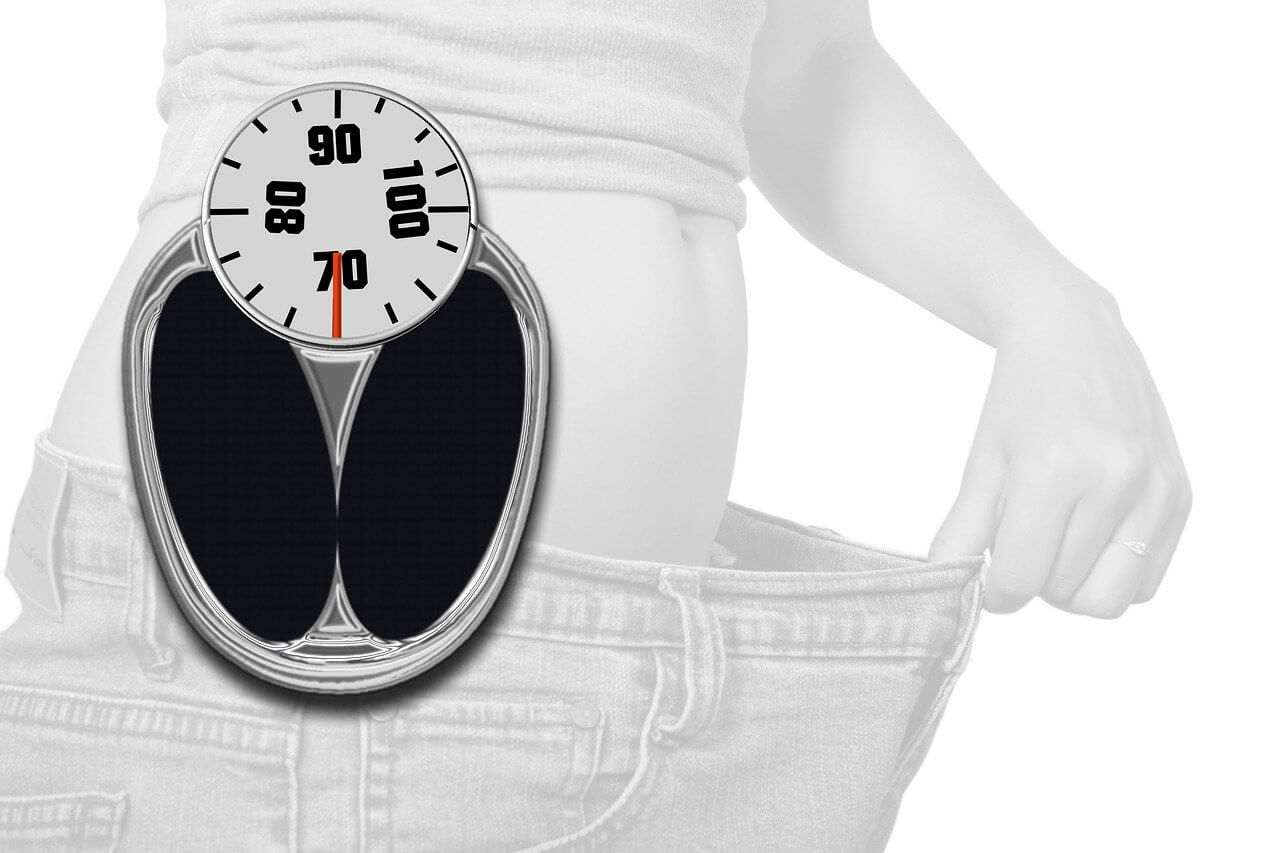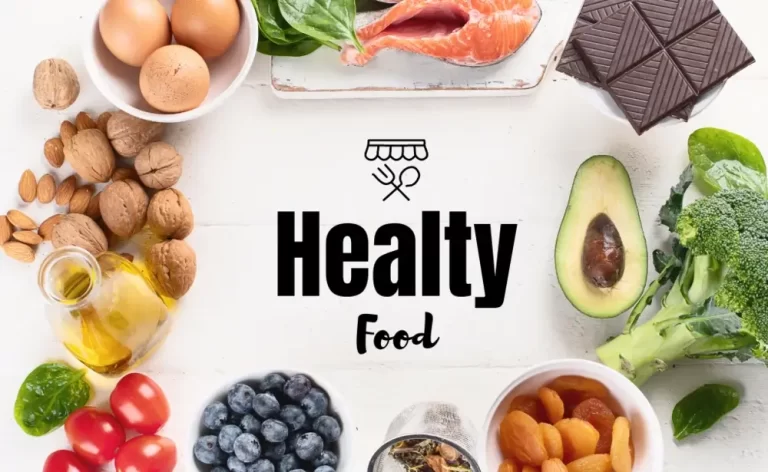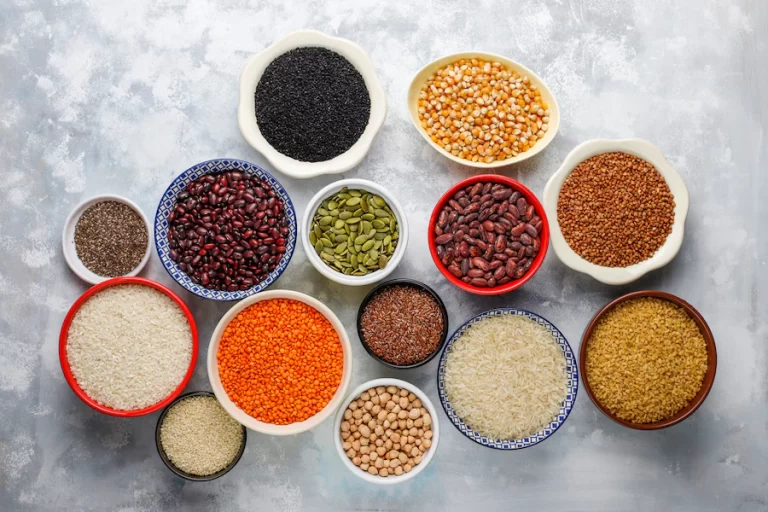8 General Diet Tips for Successful Body Recomposition
Are you tired of trying every diet under the sun, only to end up frustrated and discouraged? Achieving your dream body can seem like an impossible feat, but with the right approach, it’s more than attainable. Recomposition, the process of losing fat while gaining muscle, is a highly effective way to transform your physique. And the best part? It doesn’t involve extreme calorie restriction or hours of cardio. Instead, it relies on a balanced diet that fuels your body and promotes muscle growth. In this article, we’ll share eight essential diet tips to help you successfully recompose your body. From prioritizing protein to tracking your macros, these strategies will set you on the path to success. So if you’re ready to finally achieve your dream body, keep reading and discover how these diet tips can help you reach your goals.
Understanding Recomposition
Recomposition is a process that aims to change the composition of your body by losing body fat and building muscle mass simultaneously. It is a highly effective way to transform your physique, especially if you want to achieve a lean and toned appearance.
Recomposition can be achieved through a combination of resistance training and a balanced diet. Resistance training helps to build muscle mass, which in turn burns more calories and increases your metabolism. A balanced diet, on the other hand, provides your body with the nutrients it needs to repair and build muscle tissue while keeping your calorie intake in check.
The key to successful body recomposition is to be patient and consistent. Building muscle takes time and effort, and it’s important to stick to your diet and exercise routine to see results.
Importance of Diet in Recomposition
While exercise is important in recomposition, diet plays a crucial role in achieving your goals. Your diet should be rich in nutrients that support muscle growth and repair while also keeping your calorie intake in check.
One of the most important aspects of your diet is your macronutrient intake. Your body needs protein, carbohydrates, and fats to function properly, and each of these macronutrients plays a unique role in recomposition.
Protein is essential for building and repairing muscle tissue. Aim to consume at least 1 gram of protein per pound of body weight each day to support muscle growth. Carbohydrates provide your body with energy for workouts and also help to replenish glycogen stores in your muscles. Fats are important for hormone production and help to keep you feeling full and satisfied.
In addition to macronutrients, your diet should also be rich in micronutrients such as vitamins and minerals. These nutrients are essential for overall health and can also support muscle growth and repair.
Macro and Micronutrient Requirements
To make sure you’re getting the right balance of macronutrients, it’s important to calculate your daily calorie needs and then divide those calories among your macronutrients. A common breakdown for recomposition is 40% protein, 40% carbohydrates, and 20% fats.
For example, if you need 2000 calories per day, your macros would look like this:
- Protein: 200 grams (800 calories)
- Carbohydrates: 200 grams (800 calories)
- Fats: 44 grams (400 calories)
In addition to macronutrients, it’s also important to focus on getting enough micronutrients in your diet. Aim to eat a variety of fruits, vegetables, whole grains, and lean proteins to ensure you’re getting all the nutrients your body needs.
Tracking Your Food Intake
To ensure you’re hitting your macro and micronutrient targets, it’s important to track your food intake. There are many apps and websites that can help you do this, or you can simply use a food diary or spreadsheet.
Tracking your food intake can also help you identify areas where you might be overeating or not getting enough of certain nutrients. It can also help you plan your meals and snacks in advance, which can make it easier to stick to your diet.
Meal Prepping and Planning
One of the keys to sticking to a balanced diet is to plan and prepare your meals in advance. This can help you avoid unhealthy convenience foods and ensure you always have healthy options on hand.
Meal prepping and planning can also save you time and money in the long run. You can prepare several meals at once and then store them in the fridge or freezer for later.
When meal prepping, focus on lean proteins, complex carbohydrates, and healthy fats. You can also add vegetables and fruits to your meals to increase their nutrient density.
Importance of Hydration
Staying hydrated is essential for overall health and can also support muscle growth and repair. Aim to drink at least 8-10 glasses of water per day, or more if you’re exercising heavily.
In addition to water, you can also drink herbal teas, coconut water, and low-sugar sports drinks to stay hydrated. Avoid sugary drinks and excessive amounts of caffeine, as these can dehydrate you.
Incorporating Protein Shakes and Supplements
While it’s best to get your nutrients from whole foods, protein shakes and supplements can be a convenient way to ensure you’re getting enough protein and other nutrients to support muscle growth.
Whey protein powder is a popular choice for post-workout recovery, as it is quickly absorbed by the body and provides all the essential amino acids your muscles need to repair and grow. Other supplements such as creatine and BCAAs can also support muscle growth and recovery.
However, it’s important to remember that supplements should not replace whole foods in your diet. They should be used in addition to a balanced diet, not instead of it.
Staying Consistent and Patient
Recomposition takes time and effort, and it’s important to stay consistent and patient to see results. Stick to your diet and exercise routine, and don’t get discouraged if you don’t see results right away.
Remember that building muscle takes time, and it’s important to give your body the nutrients and rest it needs to repair and grow. Stay motivated by setting realistic goals and celebrating small successes along the way.
Common Mistakes to Avoid
When it comes to recomposition, there are some common mistakes that can derail your progress. One of the biggest mistakes is not eating enough protein. Make sure you’re getting at least 1 gram of protein per pound of body weight each day to support muscle growth.
Another mistake is not tracking your food intake. Without tracking, it’s easy to overeat or not get enough of certain nutrients.
Finally, it’s important to avoid extreme calorie restriction. While you do need to be in a calorie deficit to lose body fat, extreme calorie restriction can actually slow down your metabolism and make it harder to lose weight in the long run.
Conclusion
Recomposition is a highly effective way to transform your physique and achieve your dream body. By following these eight essential diet tips, you can fuel your body with the nutrients it needs to build muscle and burn fat. Remember to stay consistent, be patient, and celebrate small successes along the way. With the right approach, you can achieve the body you’ve always wanted.






